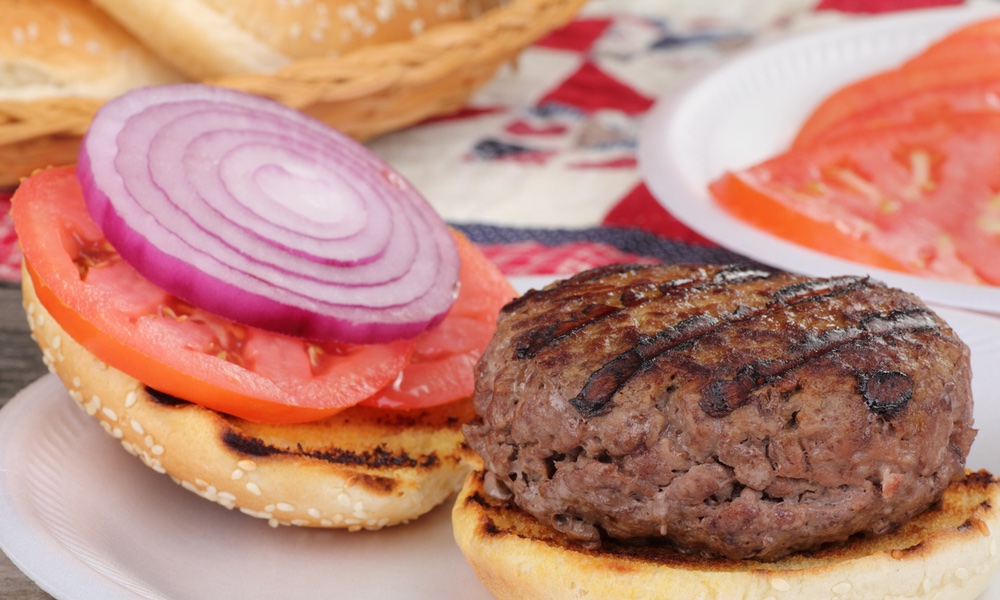For decades, advice about eating red meat and processed meats has left many consumers confused about whether animal protein is harming their health.
Research is adding a fresh layer of clarity on this issue, and it may come as a surprise: Eating animal-sourced protein is not associated with a higher risk of death. Meat-eating may even offer a small protective benefit against dying from cancer.
The findings come from an in-depth analysis of the diets of nearly 16,000 adults aged 19 and older, using data from the National Health and Nutrition Examination Survey (NHANES III).
“There's a lot of confusion around protein — how much to eat, what kind and what it means for long-term health. This study adds clarity, which is important for anyone trying to make informed, evidence-based decisions about what they eat,” senior author Stuart Phillips, professor and chair of the Department of Kinesiology at McMaster University, said in a media release.
To estimate long-term dietary intake, reduce errors that often arise from self-reported food data and ensure the results were as reliable as possible, the team included only sources with the highest standards like the National Cancer Institute (NCI) method and multivariate Markov Chain Monte Carlo (MSMC) modeling.Meat-eating may even offer a small protective benefit against dying from cancer.
“It was imperative that our analysis used the most rigorous, gold standard methods to assess usual intake and mortality risk,” explains Phillips. “These methods allowed us to account for fluctuations in daily protein intake and provide a more accurate picture of long-term eating habits.”
Somewhat surprisingly, there was no increased risk of death, whether from cardiovascular disease, cancer or all causes, linked to total protein intake, animal protein or plant protein. Not only that, the data showed there was a modest but statistically significant decrease in cancer-related mortality for those who consumed more animal protein.
So, what can a consumer take away from these results?
Protein — whether it comes from a grilled chicken breast or a bowl of lentils — doesn't seem to raise your risk of dying. In fact, eating animal protein may offer some benefit in lowering cancer-related mortality. How much protein? That's still open for debate.
For those looking to make smart, evidence-based decisions about protein, this study underscores the value of a balanced approach — plant and animal protein may both have a place at the table.
The study is published in Applied Physiology Nutrition and Metabolism.





